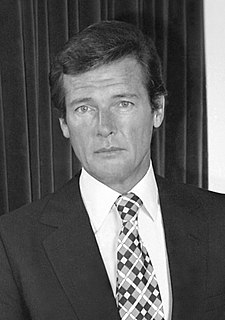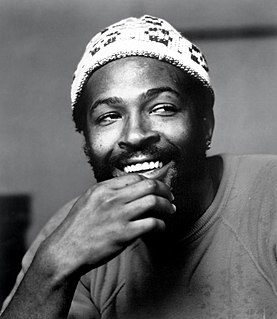A Quote by Susan Ertz
The novelists of the nineteeth century had all the luck. They had a huge and easily pleased public and the world they surveyed had every appearance of permanence.
Related Quotes
In the 20th century, we had a century where at the beginning of the century, most of the world was agricultural and industry was very primitive. At the end of that century, we had men in orbit, we had been to the moon, we had people with cell phones and colour televisions and the Internet and amazing medical technology of all kinds.
Everything had shattered. The fact that it was all still there — the walls and the chairs and the children’s pictures on the walls — meant nothing. Every atom of it had been blasted apart and reconstituted in an instant, and its appearance of permanence and solidity was laughable; it would dissolve at a touch, for everything was suddenly tissue-thin and friable.
Above all, he liked it that everything was one's own fault. There was only oneself to praise or blame. Luck was a servant and not a master. Luck had to be accepted with a shrug or taken advantage of up to the hilt. But it had to be understood and recognized for what it was and not confused with a faulty appreciation of the odds, for, at gambling, the deadly sin is to mistake bad play for bad luck. And luck in all its moods had to be loved and not feared
People really don't like to hear success explained away as luck — especially successful people. As they age, and succeed, people feel their success was somehow inevitable. They don't want to acknowledge the role played by accident in their lives. There is a reason for this: the world does not want to acknowledge it either. If you use better data, you can find better values; there are always market inefficiencies to exploit, and so on. But it has a broader and less practical message: don't be deceived by life's outcomes. Life's outcomes, while not entirely random, have a huge amount of luck baked into them. Above all, recognize that if you have had success, you have also had luck — and with luck comes obligation.
Luck in all its moods had to be loved and not feared Bond saw luck as a woman, to be softly wooed or brutally ravaged, never pandered to or pursued. But he was honest enough to admit that he had never yet been made to suffer by cards or by women. One day, and he accepted the fact he would be brought to his knees by love or by luck.
I had no idea about where I was going. I had no sense of art as anything other than a problem to be fixed, you know, an itch to be scratched. I was in that studio trying my best to feel content with myself. I had, like, a stipend. I had a place to sleep. I had a studio to work in. I had nothing else to think about, you know. And that's - that was a huge luxury in New York City.




































